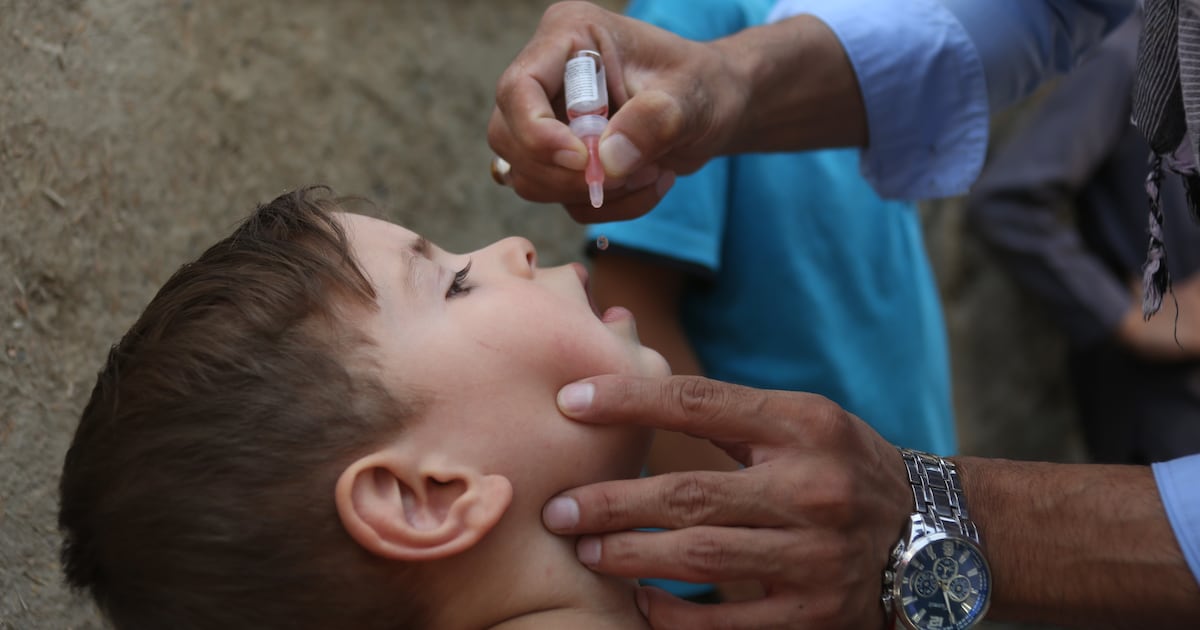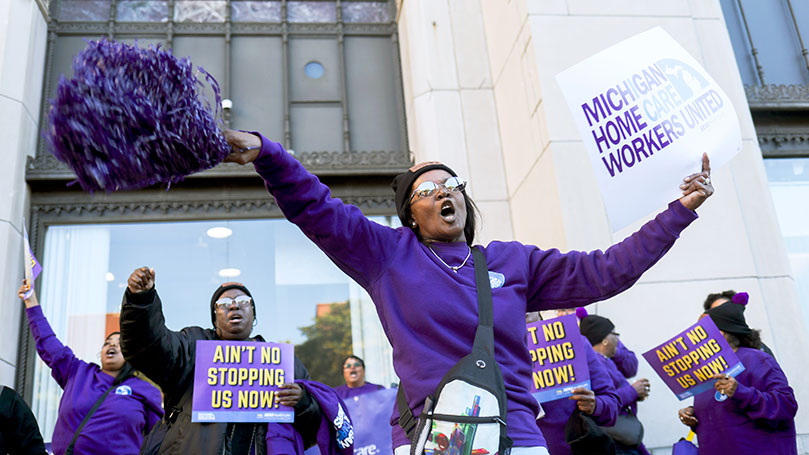Rise in sexism & transphobia reports – Kick It Out – BBC

Report on Discrimination in English Football: 2024-25 Season
Introduction: A Challenge to Sustainable Development
A report from the anti-discrimination charity Kick It Out for the 2024-25 English football season reveals a record high of 1,398 reported incidents of discrimination. This increase underscores significant challenges to achieving key United Nations Sustainable Development Goals (SDGs), particularly those concerning equality, justice, and well-being. The data indicates that discriminatory behaviour remains a pervasive issue across all levels of the sport, from grassroots to the professional game.
Key Statistical Findings for the 2024-25 Season
Overall Trends
- A total of 1,398 incidents were reported, the highest number ever received by the organisation and an increase from 1,332 in the previous season.
- Reports from grassroots football rose to 325 from 303.
- Reports concerning youth football reached a record high of 186, with incidents in girls’ football doubling to 31.
Analysis of Discrimination Types
- Sexism and Misogyny: Reports saw a substantial 67% increase, rising from 115 to 192. This included 18 reports of sexist chanting, nearly matching the total from the previous four seasons combined.
- Racism: While overall reports of racism fell, incidents within the professional game increased from 223 to 245. Online racist abuse accounted for 268 reports.
- Faith-Based Abuse: Reports climbed from 117 to 132.
- Transphobia: The number of reports doubled, increasing from 22 to 44.
- Disability Abuse: A significant 45% increase was recorded, with reports rising from 51 to 76.
- Homophobia: Reports saw a slight decrease, from 162 to 139.
- Online Abuse: Overall online incidents rose by 5%, with 621 reports submitted.
Implications for Sustainable Development Goals (SDGs)
The findings present a direct challenge to the global commitment to the SDGs. The persistence and growth of discrimination in football undermine progress in several critical areas.
SDG 10: Reduced Inequalities
- The rise in racist, faith-based, transphobic, and disability-related abuse directly contravenes the core principle of SDG 10, which aims to reduce inequalities and ensure no one is left behind.
- These incidents perpetuate social exclusion and target individuals based on their identity, hindering the creation of inclusive societies.
SDG 5: Gender Equality
- The alarming 67% increase in reports of sexism and misogyny signifies a regression in efforts to achieve gender equality.
- The doubling of discriminatory reports in girls’ football highlights the barriers that prevent women and girls from full and equal participation in sport, a key target of SDG 5.
SDG 16: Peace, Justice, and Strong Institutions
- The report calls into question the effectiveness of existing institutions in tackling discrimination.
- The call for football authorities, technology companies, and government to take decisive action reflects the need for stronger governance and accountability mechanisms, as promoted by SDG 16, to ensure justice for victims and consequences for perpetrators.
SDG 3: Good Health and Well-being
- Experiencing or witnessing discrimination has a proven negative impact on mental and physical health. The hostile environment created by such abuse undermines the objective of SDG 3 to ensure healthy lives and promote well-being for all at all ages.
Conclusion and Call to Action
The chief executive of Kick It Out, Samuel Okafor, stated that the statistics confirm “discrimination remains deeply embedded across the game,” with the increase in youth football incidents serving as a “wake-up call.” While acknowledging a positive shift in public willingness to report sexist behaviour, a stronger institutional response is required.
Recommendations
- Football Authorities and Government: Must demonstrate they are listening to fan concerns and implement more robust measures to combat all forms of discrimination.
- Technology Companies: Must enhance efforts to tackle online abuse, as the high volume and lack of consequences for perpetrators indicate that online platforms are “still falling short.”
Achieving a truly inclusive and safe football environment is essential not only for the sport itself but also for society’s broader commitment to the Sustainable Development Goals.
SDGs Addressed in the Article
SDG 5: Gender Equality
- The article directly addresses gender equality by highlighting a significant increase in discrimination against women and girls in football. It reports a 67% rise in sexism and misogyny, a surge in sexist chanting, and a doubling of discrimination reports in girls’ football.
SDG 10: Reduced Inequalities
- This goal is central to the article, which details various forms of discrimination that create and perpetuate inequality. The report covers abuse based on race, faith, sexual orientation (homophobia), gender identity (transphobia), and disability, all of which are explicitly targeted for reduction under SDG 10.
SDG 16: Peace, Justice and Strong Institutions
- The article connects to this SDG by focusing on the prevalence of abuse and violence (verbal, online) within the football community. It also calls for stronger action and accountability from institutions like “football authorities, tech companies and government” to ensure justice and consequences for perpetrators, which aligns with the goal of building effective and accountable institutions. The rise in abuse in youth football is a direct concern of this SDG’s focus on protecting children from violence.
Specific SDG Targets Identified
Targets under SDG 5: Gender Equality
- Target 5.1: End all forms of discrimination against all women and girls everywhere. The article’s data on the 67% rise in sexism and misogyny reports (from 115 to 192) and the doubling of reports in girls’ football directly relates to this target of ending gender-based discrimination.
- Target 5.2: Eliminate all forms of violence against all women and girls in the public and private spheres. The mention of “sexist chanting” and online abuse constitutes a form of public, psychological violence and harassment that this target aims to eliminate.
Targets under SDG 10: Reduced Inequalities
- Target 10.2: By 2030, empower and promote the social… inclusion of all, irrespective of age, sex, disability, race, colour, ethnicity, origin, religion or other status. The article’s core theme is the lack of social inclusion due to discrimination. It provides specific data on abuse targeting individuals based on race, religion (faith-based abuse), disability, sex, and sexual orientation (homophobia, transphobia), directly reflecting the challenges to achieving this target.
- Target 10.3: Ensure equal opportunity and reduce inequalities of outcome, including by eliminating discriminatory… practices. The Kick It Out report itself is a mechanism for monitoring discriminatory practices. The call for authorities to “act” is a push towards eliminating these practices to ensure equal opportunity and a safe environment for all in football.
Targets under SDG 16: Peace, Justice and Strong Institutions
- Target 16.1: Significantly reduce all forms of violence and related death rates everywhere. The 1,398 reported incidents of discrimination, including online abuse, racism, and sexism, represent forms of psychological violence that this target seeks to reduce.
- Target 16.2: End abuse, exploitation, trafficking and all forms of violence against and torture of children. The article’s finding that “overall youth reports rose from 144 to a record high of 186,” including incidents at the “under-9s level,” directly highlights the issue of abuse against children in the context of sport.
Indicators for Measuring Progress
Indicators for SDG 5
- Number of reports of sexism and misogyny: The article states this rose from 115 to 192.
- Number of reports of sexist chanting: The article notes 18 such reports were received in the 2024-25 season.
- Number of discrimination reports involving girls’ football: This figure doubled to 31.
Indicators for SDG 10
- Total reports of discrimination: The article provides a total of 1,398 incidents for the 2024-25 season.
- Number of racist incidents in professional football: This increased from 223 to 245.
- Number of faith-based abuse reports: This climbed from 117 to 132.
- Number of transphobia reports: This doubled from 22 to 44.
- Number of homophobic abuse reports: This figure is provided as 139.
- Number of disability abuse reports: This increased by 45% from 51 to 76.
Indicators for SDG 16
- Number of reports of online abuse: The article states this was 621, a 5% rise.
- Number of reports of abuse in youth football: This rose to a record high of 186.
Summary of Findings
| SDGs | Targets | Indicators |
|---|---|---|
| SDG 5: Gender Equality |
|
|
| SDG 10: Reduced Inequalities |
|
|
| SDG 16: Peace, Justice and Strong Institutions |
|
|
Source: bbc.com

What is Your Reaction?
 Like
0
Like
0
 Dislike
0
Dislike
0
 Love
0
Love
0
 Funny
0
Funny
0
 Angry
0
Angry
0
 Sad
0
Sad
0
 Wow
0
Wow
0


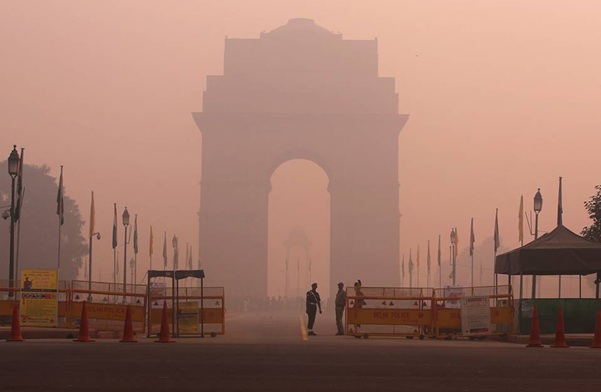




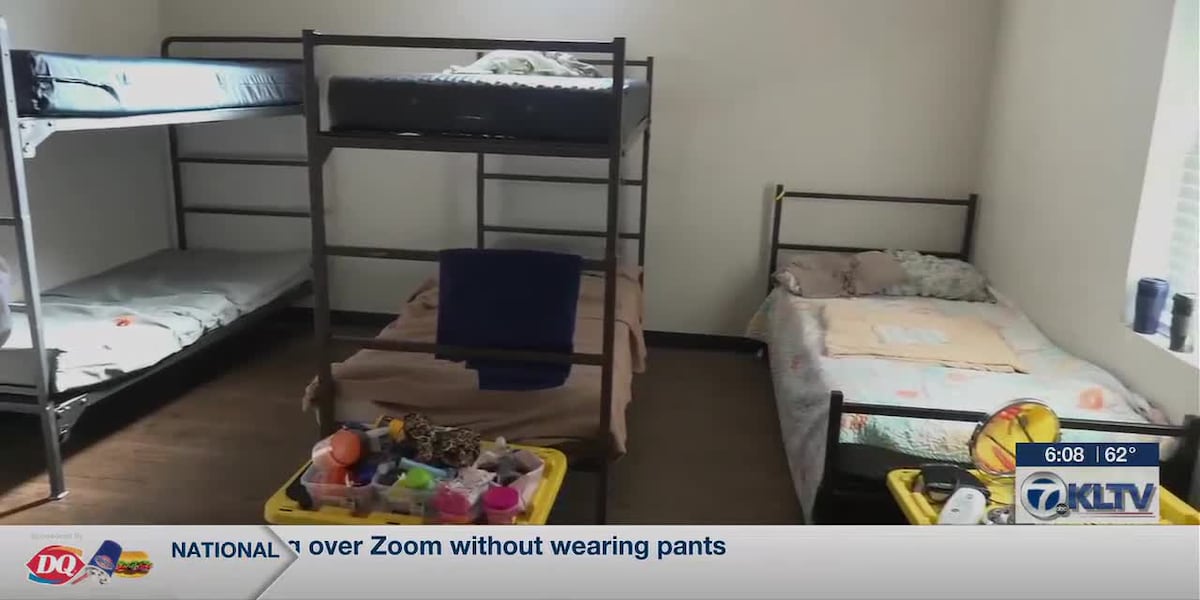



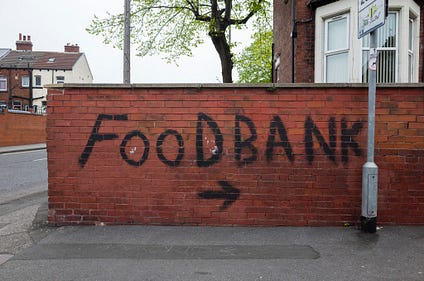

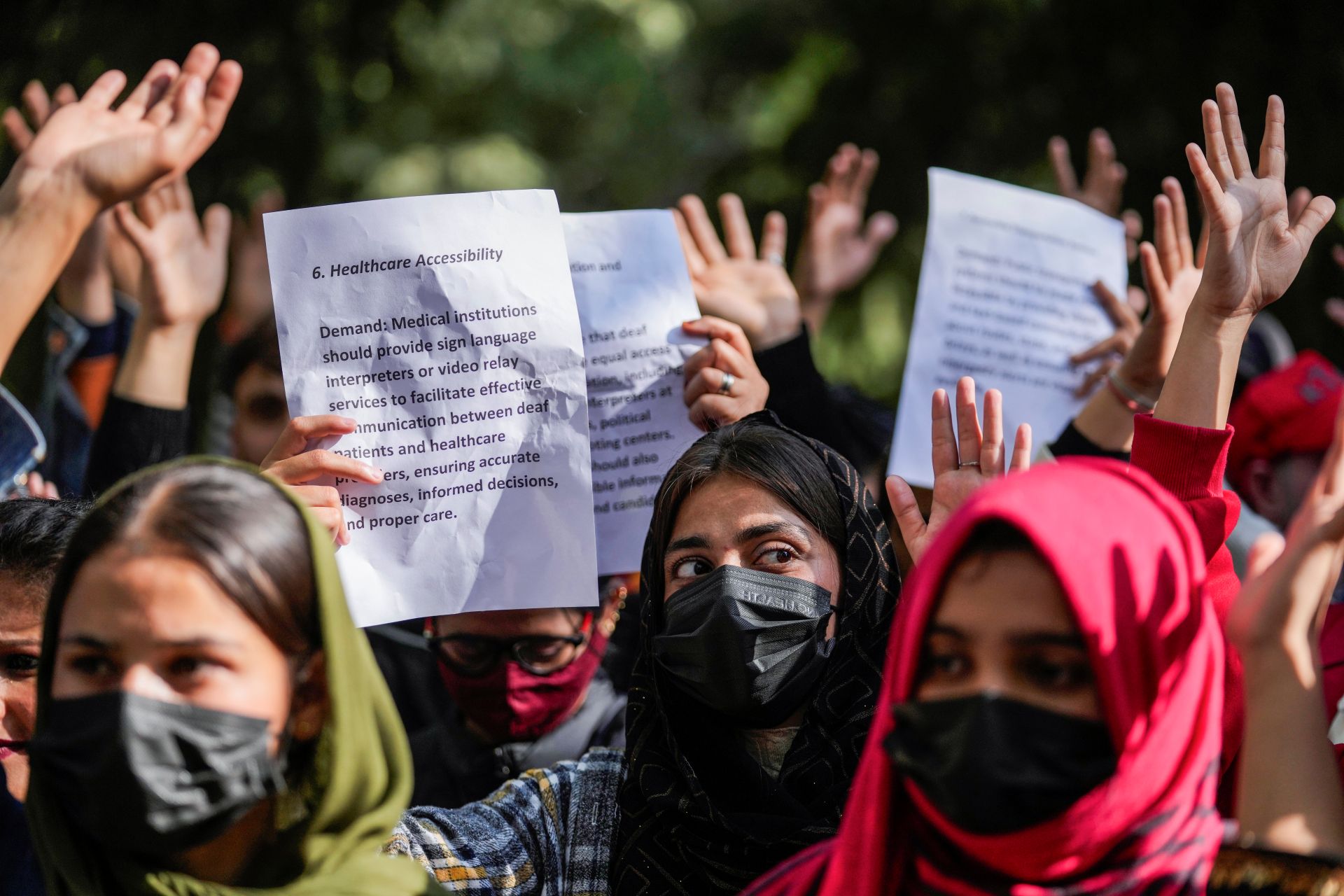













;Resize=805#)
































